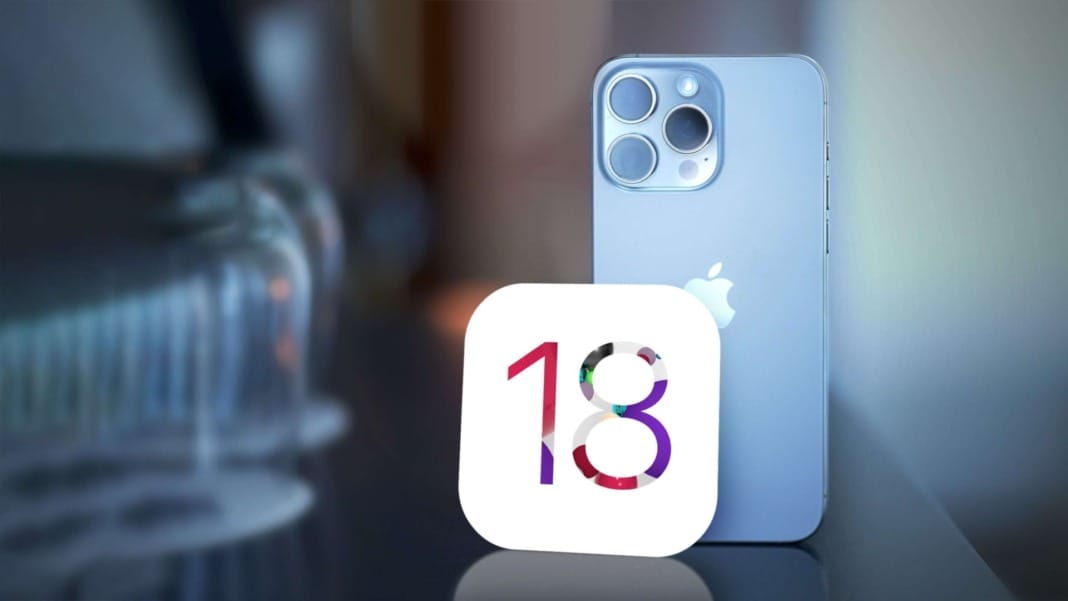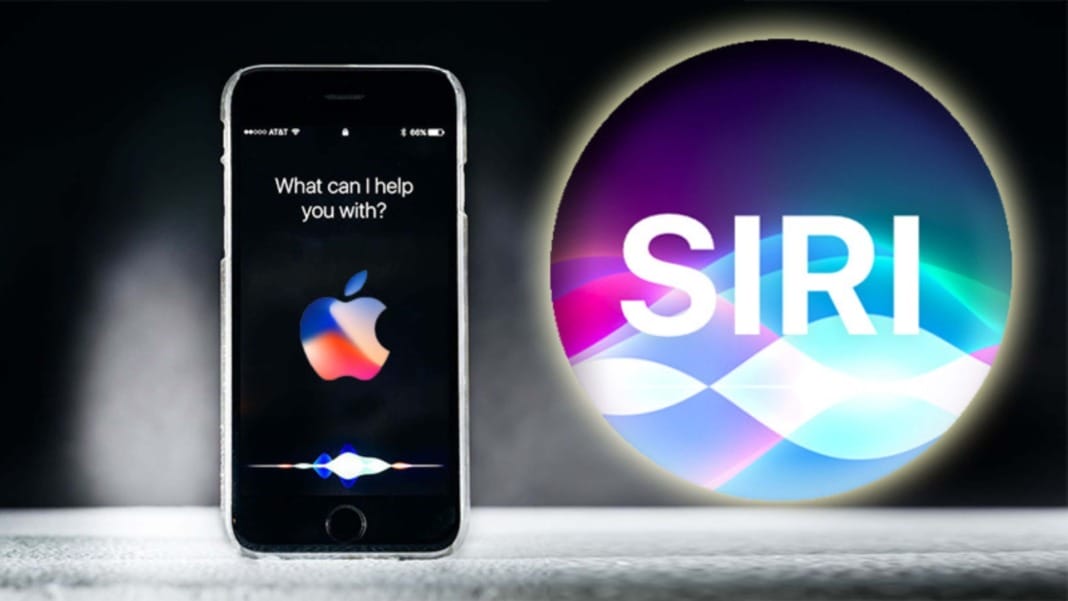Apple is set to revolutionise its data centres by implementing its own high-end chips to enhance AI features in the forthcoming iOS 18. According to insiders familiar with the plans, Apple will utilise processors similar to the M2 Ultra, which currently powers the 2023 Mac Studio, in its cloud-computing servers. This strategic shift is aimed at boosting the processing of complex AI tasks.
While Apple generally prefers handling tasks directly on its devices, the company recognises the need for more robust computing power for demanding operations such as summarising articles and generating images. To address this, Apple plans to incorporate its own chips into cloud-computing servers. These servers are expected to handle the more intensive computations required by new AI features, ensuring that device performance remains swift and efficient.
Significant investments in AI technology
In a report from October 2023, renowned analyst Ming-Chi Kuo highlighted Apple’s aggressive investment in AI technology. Kuo estimated that Apple would spend approximately US$4.75 billion on AI server acquisitions in 2024 alone. Part of this investment includes the procurement of NVIDIA’s HGX H100 8-GPU servers, which are pivotal for generative AI training and inference.
Collaborative efforts and future plans
As the Worldwide Developers Conference (WWDC) 2024 approaches, Apple is reportedly in talks with major tech entities such as Google, OpenAI, and Baidu. The discussions centre around the potential integration of various AI models into the iPhone ecosystem. This collaboration could significantly enhance the iPhone’s capabilities, making it a more powerful tool for users worldwide.
Apple’s strategic move to deploy its own chips in data centres signifies a major shift towards self-reliance and enhanced performance in AI applications. As the company prepares to unveil more details at WWDC 2024, the tech world eagerly anticipates the next advancements in AI technology that Apple will introduce to its users.





